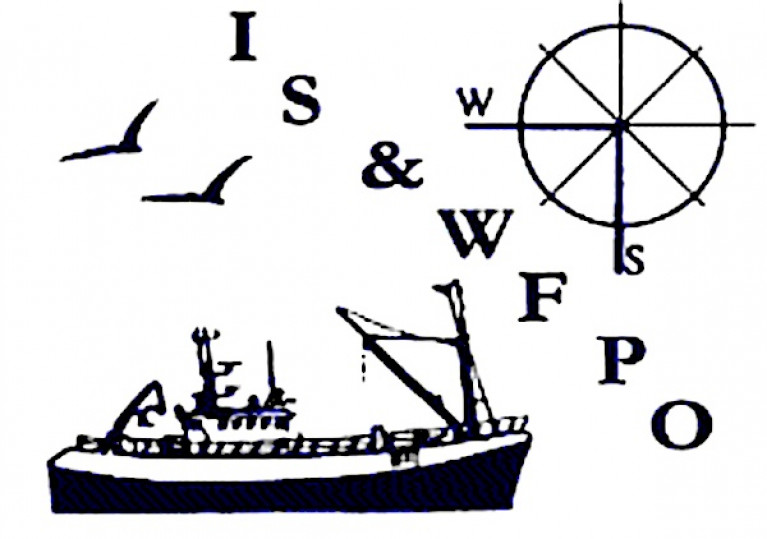Displaying items by tag: penalty points
Fishing Industry Penalty Points Moves to Dáil
The Dáil heard a Sinn Fein motion this week in an attempt to reject the new penalty points system the Government wants to introduce for the fishing industry.
A Statutory Instrument to introduce the system was signed by Taoiseach Micheál Martin when he was acting as Marine Minster after the sacking of Deputy Dara Calleary over the 'Galway Golfgate' affair.
The last attempt to introduce Penalty Points was defeated in a legal challenge by the fishing industry in the Supreme Court and in the Dáil where it was opposed by Fianna Fáil. The Dáil defeat was the first time in the history of the State that a Statutory Instrument was rejected by the Dáil.
Padraig MacLochlainn, Sinn Fein spokesman on the Marine, said there was no alternative to taking the issue back to the Dail because the Government was "refusing to listen to the voice of the fishing community."
"The same people who fought against the last Penalty Points introduction and led to its defeat in the Dáil are now the ones introducing it and who won't listen to the fishing industry. Fishers all around our coast were shocked and outraged when they learned that the Taoiseach had signed off on the statutory instrument introducing regulations containing this penalty point system. This unfair and unjust system must be annulled. The Government must listen to the voice of fishers. We need to stand up for our fishing communities and ensure they are treated in a fair and proportionate manner. Common sense must prevail. Fishing organisations have already advised that they will bring the Government through the courts again as soon as the first prosecution occurs. This happened back in 2016 when the Supreme Court ruled that scheme as being unconstitutional."
The Department of the Marine has said the system is needed under EU requirements and without it Ireland would face fines and the denial of EU grants.
The four national fish producer organisations, representing the industry, have offered discussions and an alternative system which would remove what they claim are "guilty even if proved innocent" provisions in the system that would penalise fishermen in a manner in which other citizens are not treated.
More on this in MacSweeney Podcast here
Penalty Points System for Fishing Offences May be Subject to New Court Challenge
The Irish South and West Fish Producers’ Organisation (IS&WFPO) says it intends to initiate a constitutional challenge to the penalty points system for fishing offences introduced by the new government.
Taoiseach Micheál Martin signed the system of administrative sanctions into law late last month, even though his party had opposed it.
Killybegs Fishermen’s Organisation (KFO) chief executive Sean O’Donoghue criticised Mr Martin’s move, made during an “interregnum” when he was holding the agriculture, food and marine brief temporarily.
Mr O’Donoghue said that the system signed in by Mr Martin on August 28th by statutory instrument does not allow for the right of appeal, except through a court of law, and penalties can still remain on a licence if the case is thrown out, he said.
A Fianna Fáil motion annulling a statutory instrument (SI) on penalty points, and calling for a fairer system was carried by 80 votes to 54 on May 29th, 2018.
Twelve days before, a letter of formal notice of infringement proceedings had been issued by the European Commission, due to Ireland’s failure to introduce the EU-wide system under the Common Fisheries Policy.
The IS&WFPO said it was “not just an attack on fishermen and women”, but “an attack on everything we as a society hold dear, on our independence and on our sovereignty”.
“Even under the European Charter of Fundamental Rights that form part of the Treaties of the European Union, the articles below do not comply with what we believe to be Taoiseach Michael Martin’s unconstitutional law,” it said, referring to the legislation’s failure to allow for adequate appeal.
“It is an objective of the Treaties of the EU that a fisherman’s standard of living should be improved,” it said in a statement yesterday.
The Department of Agriculture, Food and Marine did not respond to a request for comment.
























